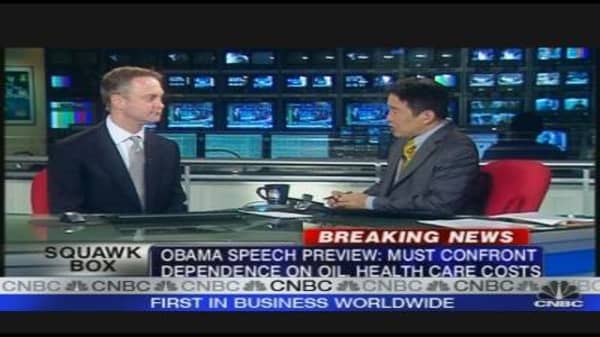Angus Murray, CIO at Castlestone Asset Management doesn't think so. In CNBC Asia Pacific's "Protect Your Wealth", Murray says the strategy doesn’t work especially for long-term investors.
“The overall level of inflation in our real lives is probably four or six percent in the minimum, so if you are leaving money in the bank, it might work for a couple of months but if you leave it there for a number of years, you are just losing money,” said Murray.
And with ten-year U.S. bonds yielding a return of 2.7 percent, effectively you're not making any money in that time period at all, he adds. “Cash and fixed income over a five-year period really doesn't work for a portfolio.”
Murray suggests investing in stocks instead as he believes that equities always “pre-predict” the market’s recovery. Given the enormous price fall seen in the equity markets and what the Federal Reserve has forecast, the economy should begin to bottom out sometime this year and improve in 2010.
“If that’s the case, I can see equity markets easily being 20 percent or 30 percent higher than where they are today,” explained Murray. “I think that all equity markets will bounce simultaneously with each other, all of them will show signs of improvements. (In) three or maybe six months’ time, we contemplate that it’s not going to get any worse. When it doesn’t get any worse, it gets slightly better.”
Comments? Questions? Send them in here.
Catch "Protect Your Wealth" on CNBC's Asia Pacific network every Tuesday on "CNBC's Cash Flow," Wednesday on "Asia Squawk Box" and Thursday on "Capital Connection."



